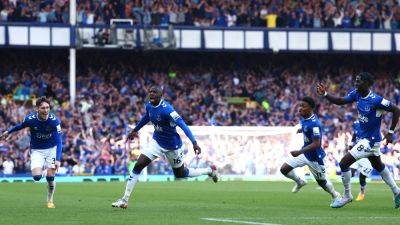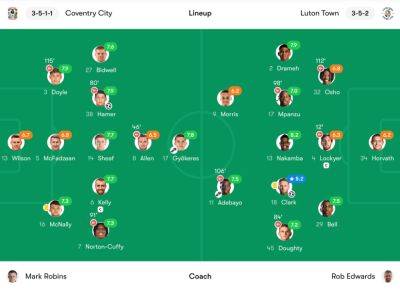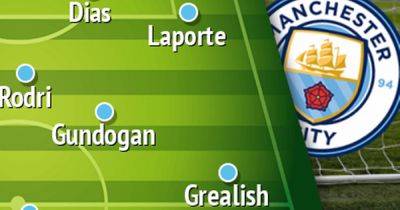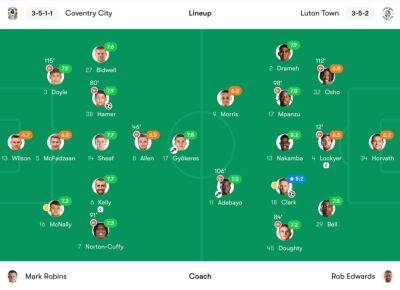How money has killed competition in the Premier League
Analysis: our data analysis shows how money has killed competition in the Premier League over the last 20 years
By Nial Friel, UCD
In a recent piece in The Independent, Miguel Delaney paints a gloomy picture of soccer's future in the light of Qatar's ongoing attempts to purchase Manchester United from the Glazer family. If the Qatari bid is successful, Manchester United will be the third Premier League team that is effectively state owned: Manchester City was purchased by Sheikh Mansour of the United Arab Emirates in 2008 and Newcastle United has belonged to Saudi Arabia's Public Investment Fund since 2021.
The problems this creates for soccer are manifold – issues of credibility among them – but the most immediate dilemma is lack of competition. Over the last twenty years, money has gradually killed competition in the Premier League, and there is data to prove it.
We need your consent to load this rte-player content We use rte-player to manage extra content that can set cookies on your device and collect data about your activity. Please review their details and accept them to load the content. Manage Preferences
From RTÉ Radio 1's Today With Claire Byrne, James Lynch from human rights advocacy group Fairsquare discusses Qatari interest in buying Manchester United
In his article, Delaney cites our recent paper in the Journal of the Royal Statistical Society, Series A. 'Assessing competitive balance in the English Premier League for over forty seasons using a stochastic block model' is a season by season analysis which offers quantitative evidence of a lack of competitiveness emerging in line with TV revenue and external investment since the early 2000s. It tracks a structural change since then, from a reasonably







